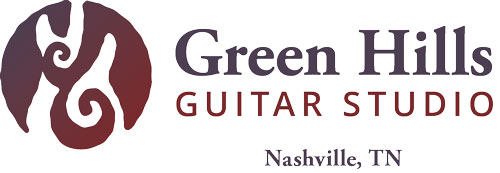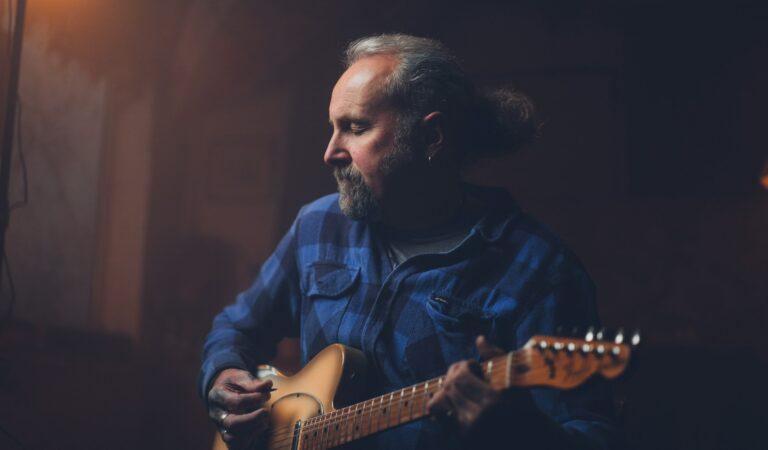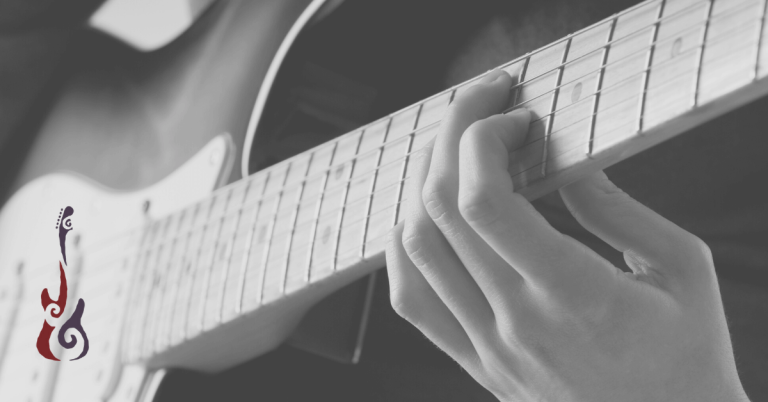Mozart Effect: Myth vs. Reality—What Actually Boosts Your Brain?
Somewhere in the glow of a nightlight, a baby falls asleep to Mozart. A hopeful parent shuts the door quietly, trusting the myth of the Mozart Effect: that listening to classical music will somehow unlock hidden brainpower.
It’s a comforting thought—that a simple playlist can sharpen a child’s mind. But what if the real key to cognitive growth isn’t in listening, but in doing?
Whether you’re a parent looking to enrich your child’s life, or an adult thinking about finally picking up that dusty guitar in the corner, there’s growing scientific evidence that learning music delivers profound, long-lasting benefits to the brain.
And it turns out, you don’t need a genius IQ or perfect pitch to tap into them.
What Is the Mozart Effect?
The Mozart Effect gained traction in the 1990s, when researchers claimed that listening to Mozart could temporarily improve spatial reasoning. The media ran with it, and soon, Mozart CDs were flying off shelves, with promises of cognitive breakthroughs.
But later studies found the effect was overstated—or fleeting at best. Listening to music can enhance mood or focus, but it doesn’t rewire your brain. Learning to play music, however, does.
The Science of Learning Music
Active Engagement Lights Up the Brain
When you learn an instrument, you’re multitasking on a level few other activities require. Reading notation, coordinating both hands, listening critically, adjusting tone and timing—it’s a full-brain workout.
- Memory: Playing music strengthens working and long-term memory.
- Executive function: Musicians show improved planning, problem-solving, and task-switching.
- Coordination: Fine motor skills and hand-eye coordination improve with regular practice.
- Emotional intelligence: Musicians are better at interpreting tone, facial expressions, and subtle cues.
Music as a Lifelong Brain Booster
Research shows that children who study music tend to perform better in math and language. But it’s not just for kids.
Studies on adult learners reveal that learning an instrument—even later in life—can slow cognitive decline, reduce anxiety, and increase neuroplasticity. It’s one of the few activities that benefits both hemispheres of the brain, promoting connection and balance.
In fact, a 2013 study published in the Journal of Neuroscience found that even moderate musical training in adulthood improved auditory processing and memory.
Music Learning vs. Music Listening: Why the Difference Matters
Passive vs. Active
Listening is passive. It can inspire, relax, or entertain—but it doesn’t require effort. Learning is active. It builds discipline, resilience, and neural strength.
Short-Term vs. Long-Term Gains
The mental boost from listening is temporary. The growth from learning is enduring. Think of listening as a gentle breeze across the surface, while learning reshapes the coastline.
Appreciation vs. Creation
Listening fosters appreciation. Learning empowers creation. That’s a leap in identity—from music fan to music maker—and the brain responds in kind.
For Parents: Why Music Lessons Matter
Forget the flashcards and expensive enrichment apps. Music lessons are one of the best investments you can make if you want to give your child a cognitive head start and an emotional anchor.
Here’s why:
- Focus and patience: Playing music trains kids to concentrate and persist through challenges.
- Self-expression: It gives children a safe outlet for emotions and creativity.
- Achievement: The satisfaction of learning a new song builds confidence.
- Community: Playing music connects children to others, whether in lessons, performances, or jam sessions.
And it’s not just about Mozart or Bach. At Green Hills Guitar Studio, we teach everything from country to blues, rock, and folk—including music theory and ear training—meeting each student where they are.
For Adults: It’s Never Too Late to Learn
Think you missed your shot? Think again.
Adult students often make some of the most committed and rewarding learners. You’ve got the curiosity, life experience, and motivation. All you need is a starting point.
Whether you’re looking to:
- Sharpen your focus
- Reduce stress
- Reconnect with your creative side
- Or just do something that’s yours again
And unlike other brain-boosting hobbies, music comes with an emotional payoff. Playing a song you love is deeply satisfying. It’s proof of growth, right there in your hands.
Listening Still Has Its Place
We’re not here to knock listening. In fact, listening with intention can support your learning.
Here’s how:
- Ear training: Try to identify chord changes, melodies, or rhythms.
- Genre exploration: Listen to music outside your usual rotation to absorb different styles.
- Inspirational fuel: Hearing a great performance can motivate you to keep practicing.
Suggested Listening for Learners
| Artist | Song | Why It Helps |
|---|---|---|
| J.S. Bach | “Cello Suite No. 1” | Structure and voice leading |
| The Beatles | “Blackbird” | Fingerpicking and melody phrasing |
| Norah Jones | “Don’t Know Why” | Chord movement and subtle timing |
| Tommy Emmanuel | “Angelina” | Dynamics and advanced technique |
| John Mayer | “Stop This Train” | Lyricism and rhythmic groove |
Tips for New Learners
- Start small. One chord. One riff. One verse.
- Be consistent. Ten minutes a day beats an hour once a week.
- Record yourself. Track progress and hear improvements over time.
- Use both hands. Practice slow transitions between chords using proper fingerings.
- Stay curious. Ask questions, explore genres, and follow what excites you.
Learn With Us at Green Hills Guitar Studio
At Green Hills Guitar Studio, we’ve helped hundreds of students—from wide-eyed beginners to working professionals—build skills, find their voice, and reconnect with their love of music.
We offer:
- Private lessons tailored to your goals
- Instructors with real-world performing and teaching experience
- A relaxed, judgment-free environment in Nashville or online
Whether you’re 7 or 70, learning music is one of the most rewarding choices you can make. Let us help you get started.





